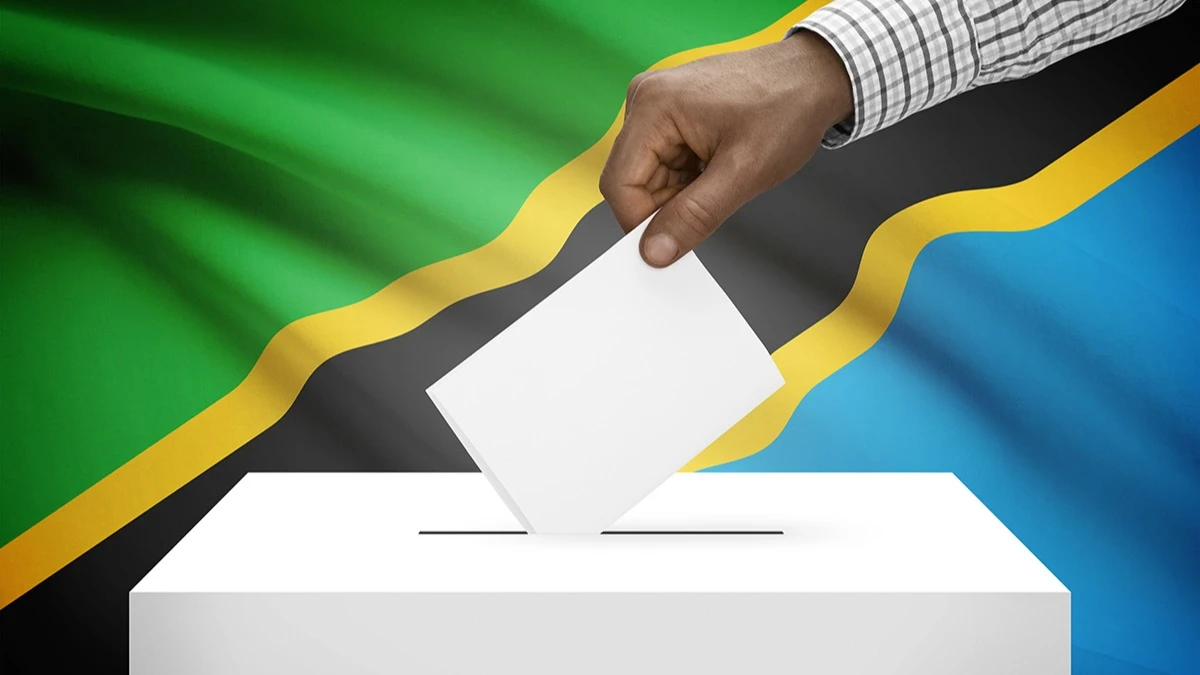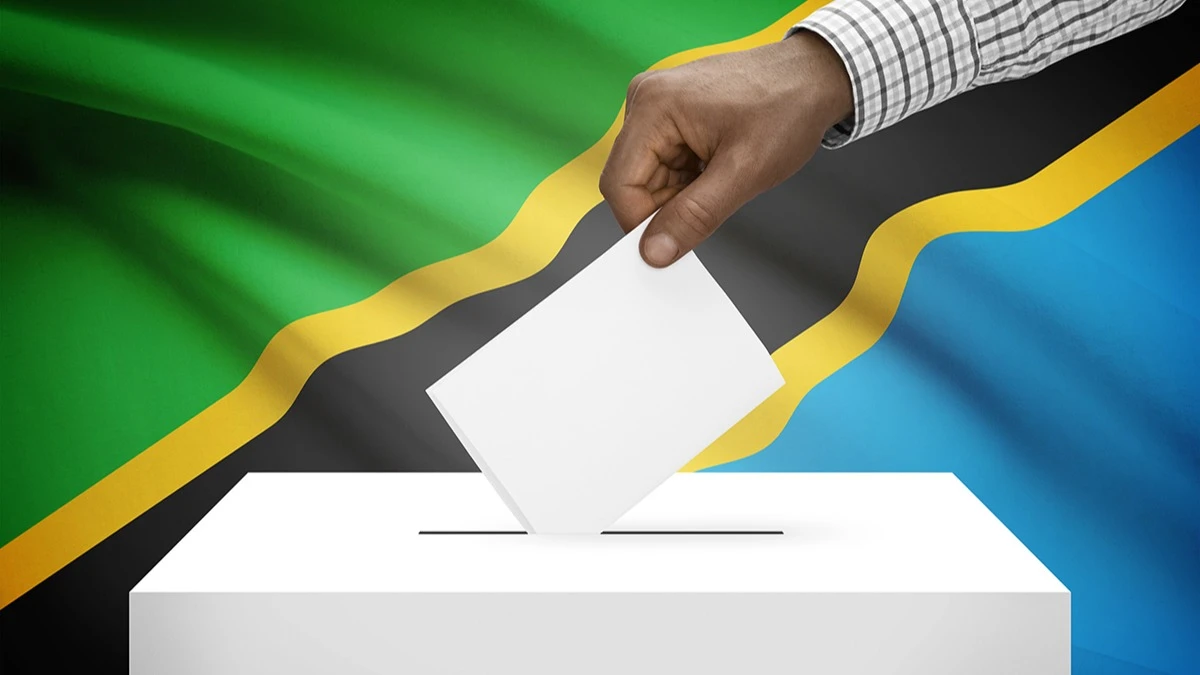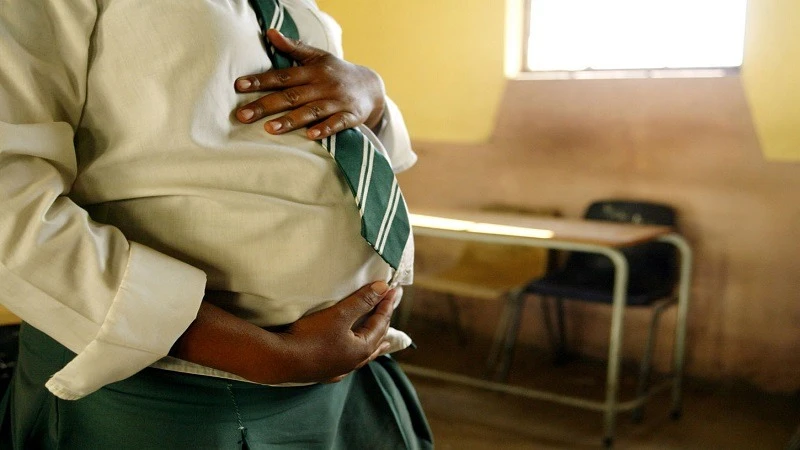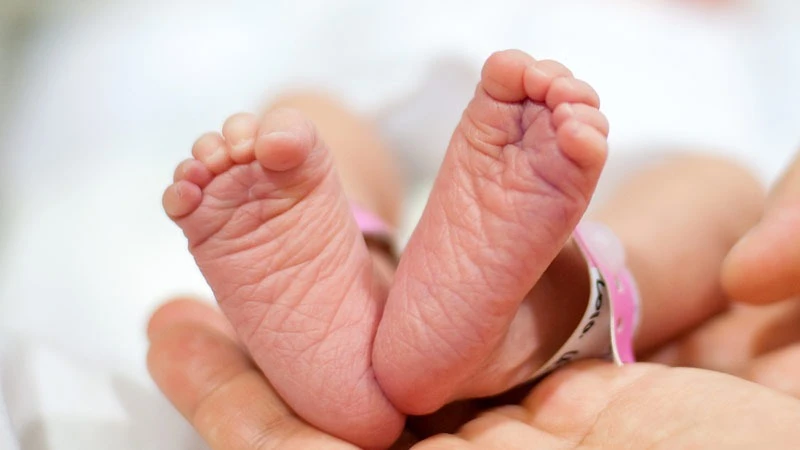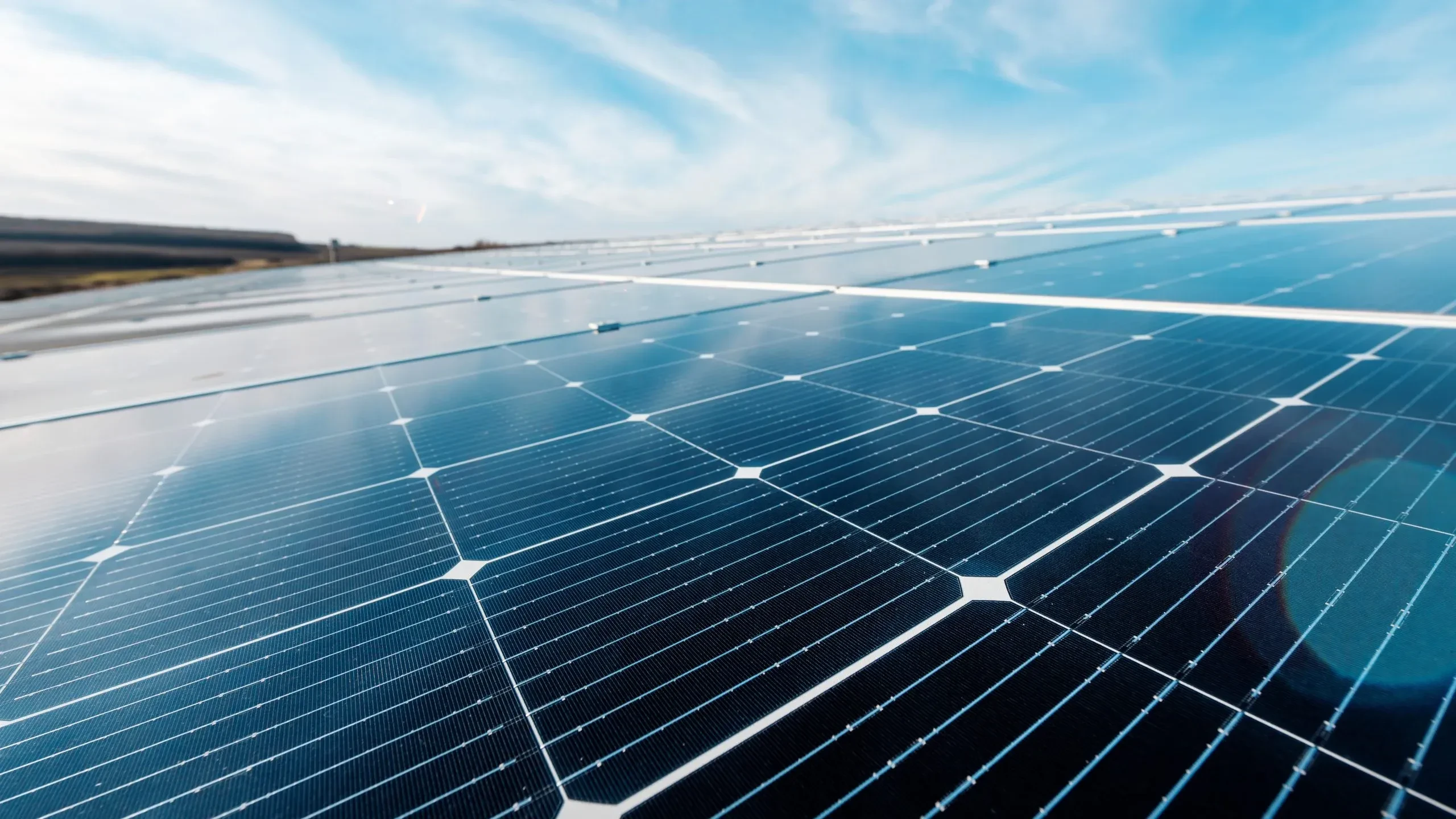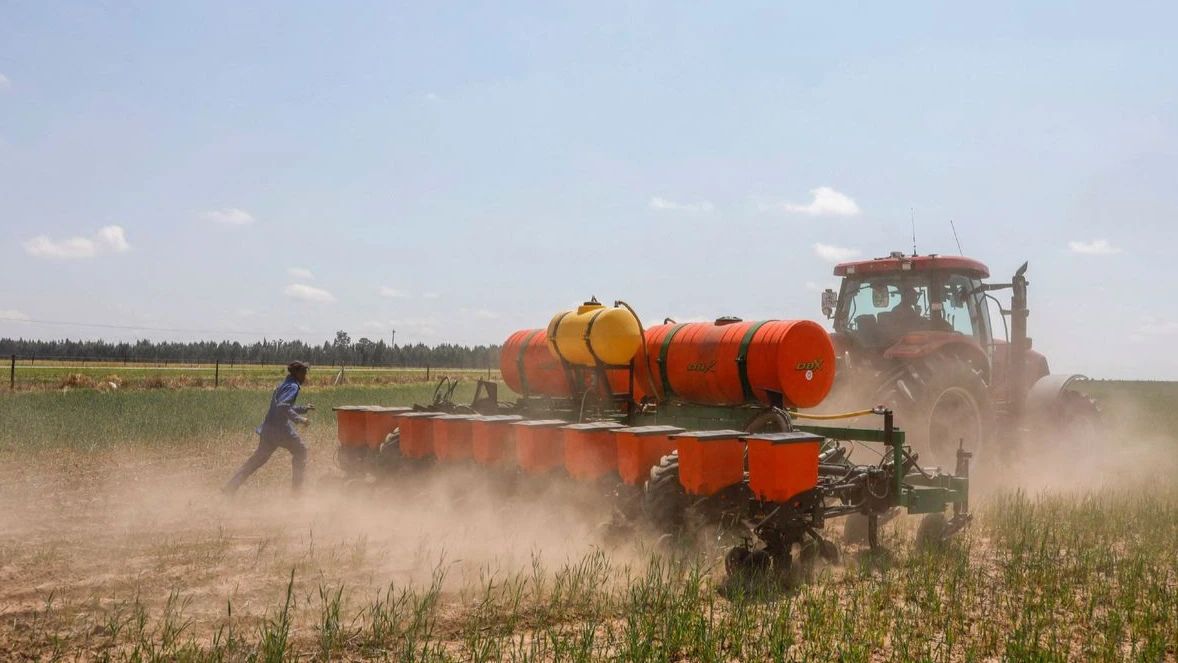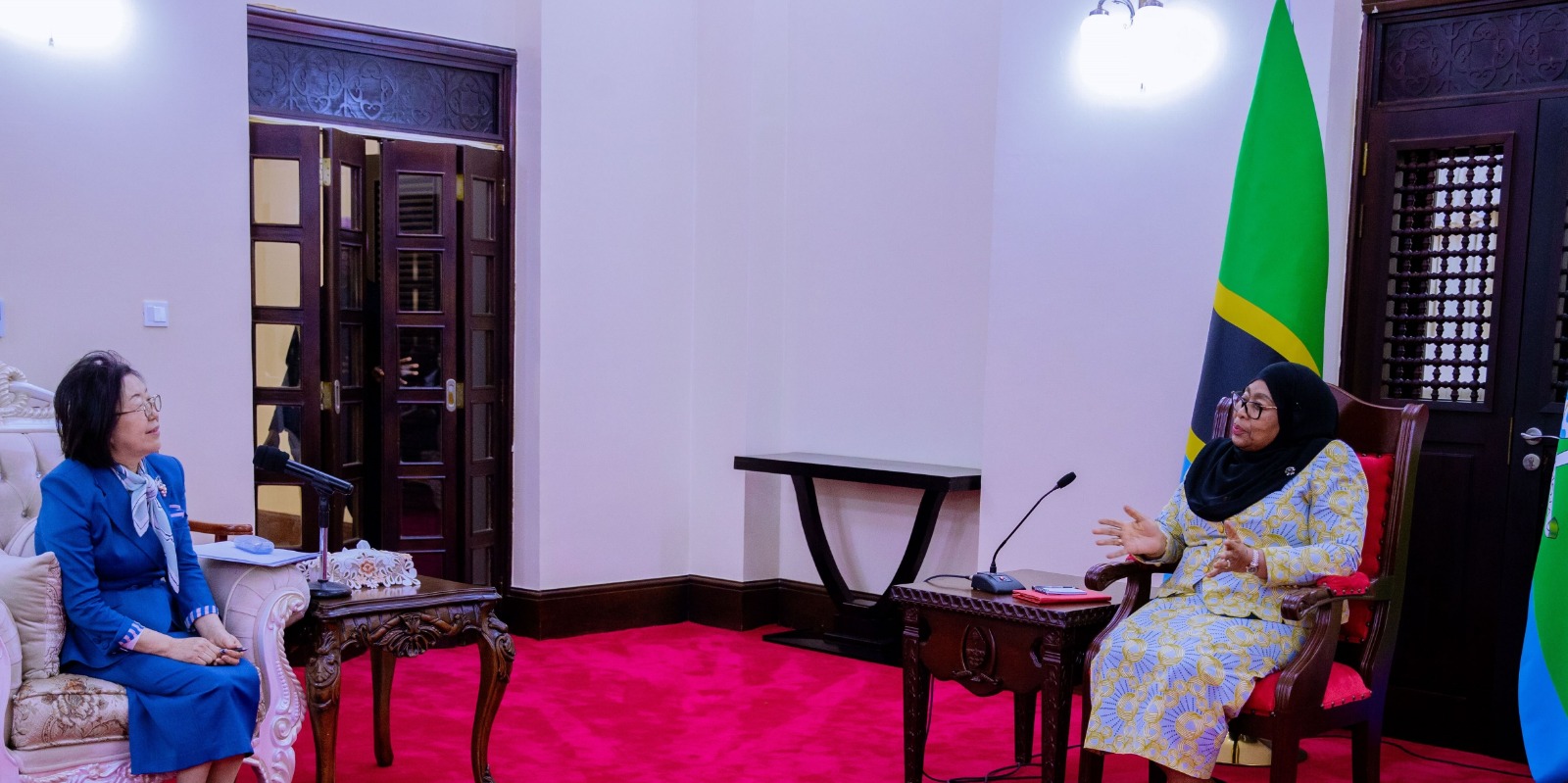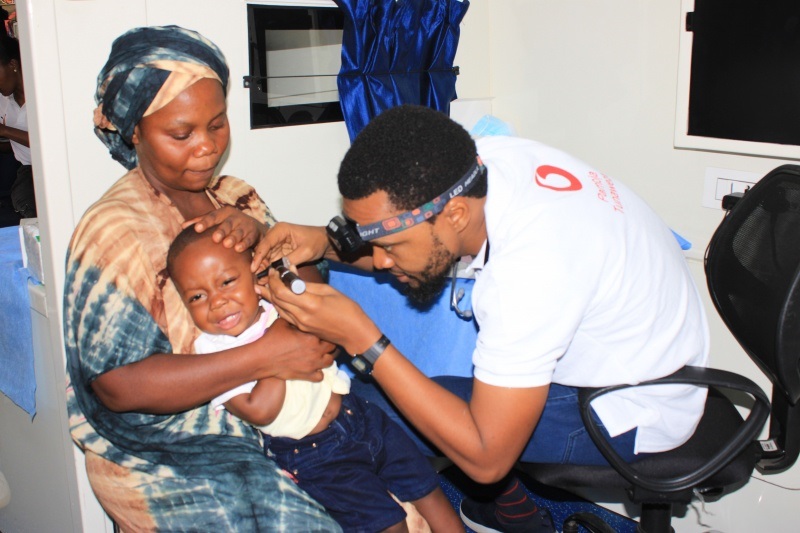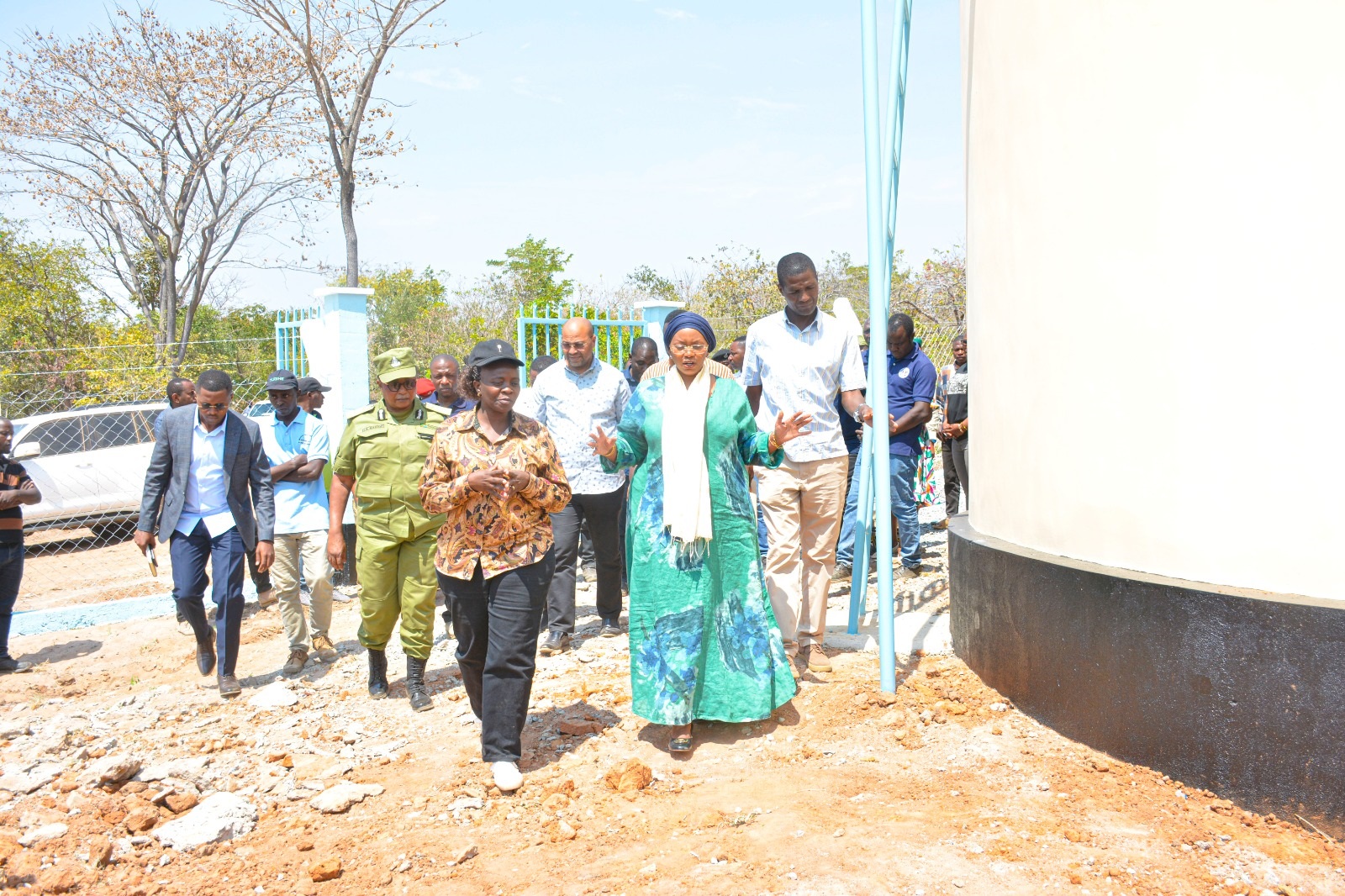STEM thrust gets $8.5m KOICA, UNICEF uplift
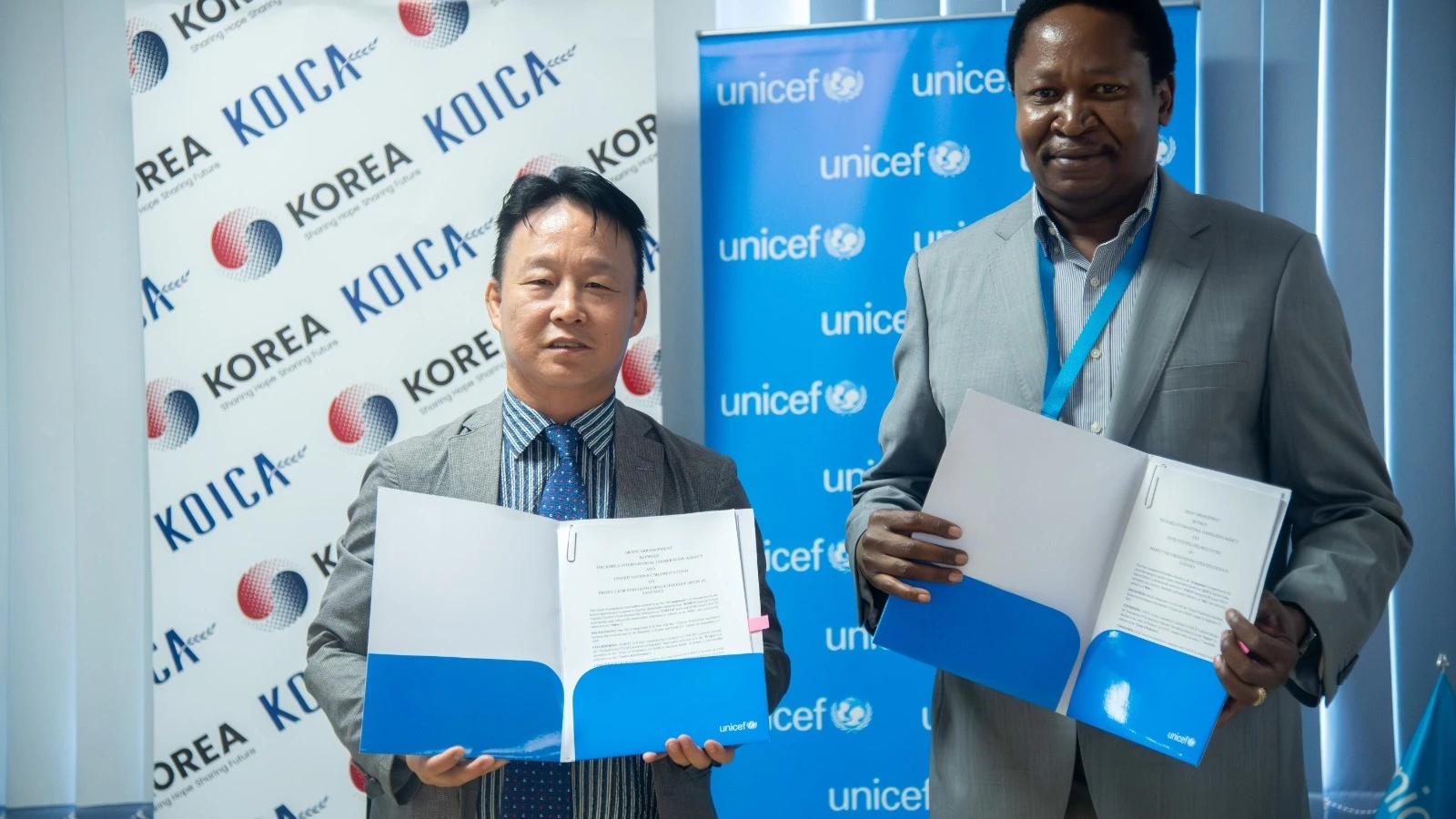
EFFORTS to strengthen science, technology, engineering, and mathematics (STEM) learning as well as digital skills education have received a big boost from the Korea International Cooperation Agency (KOICA), financing a $5.8m initiative in partnership with the United Nations Children’s Fund (UNICEF).
Manshik Shin, the KOICA country director, signed the pact in Dar es Salaam yesterday with Lawrence Oundo, the UNICEF deputy country representative for operations, affirming that the partnership reflects shared commitment by the two agencies to supporting Tanzania’s national education sector plan, in advancing quality education and promoting innovation.
Envisaged initiatives will be implemented over the next two years, with subsequent monitoring to measure its impact on pupils’ learning performance and career prospects, the director noted, asserting that the new initiative will expand learning opportunities for secondary school pupils by enhancing access to practical STEM education and digital tools.
Under the project, UNICEF will build and equip science and ICT laboratories in 13 secondary schools in Dodoma and Simiyu regions, ensuring pupils have access to modern, hands-on learning environments, the operations chief noted.
The project includes a professional development component for STEM teachers, with a focus on empowering women educators as role models, he said, where the country director underlined the agency’s belief that investing in STEM and digital skills will play a key role in shaping Tanzania’s future as envisioned in Vision 2050.
“By expanding inclusive STEM education and empowering teachers, this partnership not only addresses current educational gaps but also contributes directly to building the innovation-driven and knowledge-based economy that Vision 2050 aspires to,” he stated.
Current data indicates that Tanzania faces ongoing challenges in STEM education, with limited infrastructure and a shortage of qualified teachers, as just below a third of public secondary schools currently have fully functional science laboratories.
This restricts pupils’ ability to engage in practical, skills-based learning, hence this partnership is meant to close those gaps and encourage more pupils, especially girls, to pursue careers in STEM fields.
“This partnership marks a significant step in equipping Tanzania’s youth with the skills needed to thrive in an increasingly digital and technology-driven world,” the UNICEF official remarked.
“By investing in STEM, digital skills and the necessary teacher training and infrastructure, we are supporting Tanzania to build the skilled human capital the country will need to drive the inclusive and innovative growth transformation toward Vision 2050,” he emphasized.
Through the partnership, KOICA and UNICEF aim to support Tanzania’s 2050 vision of becoming an upper middle-income country by equipping young people with 21st century skills in STEM and digital fields, he added.
Top Headlines
© 2025 IPPMEDIA.COM. ALL RIGHTS RESERVED









